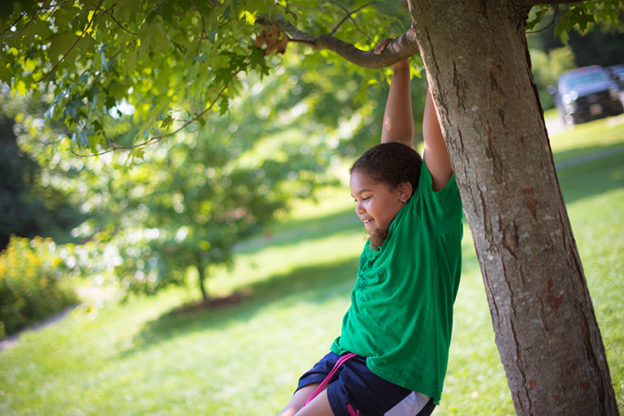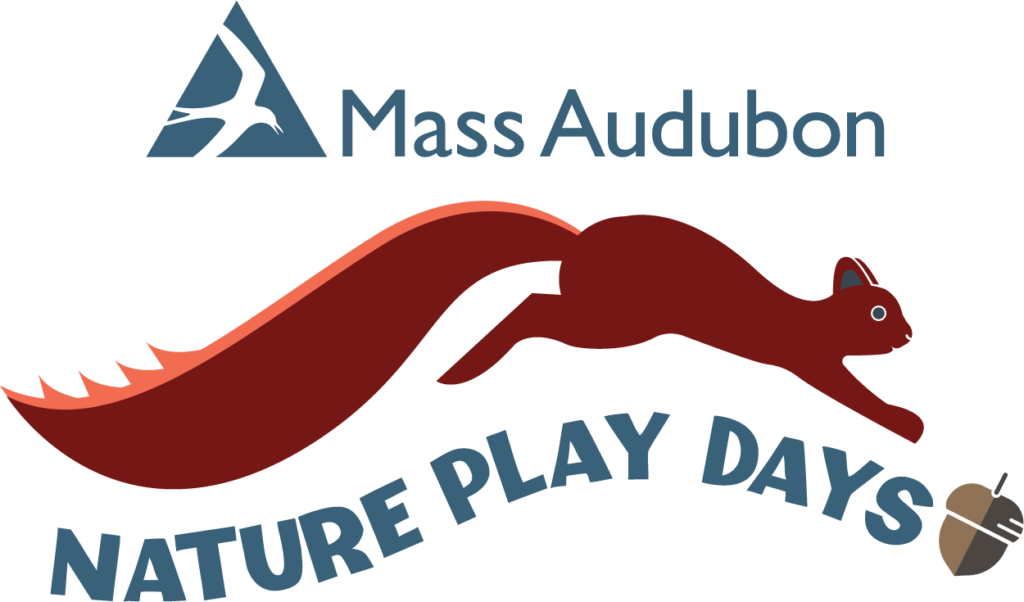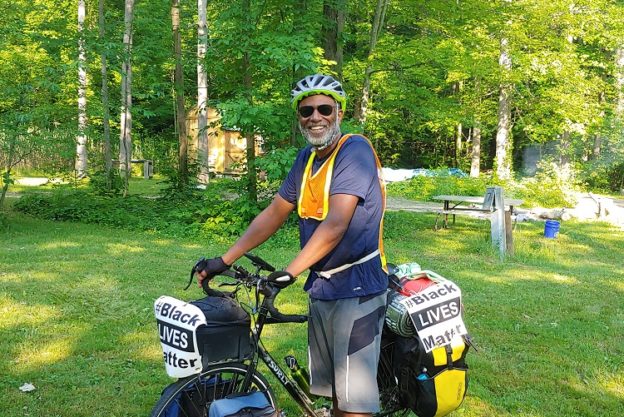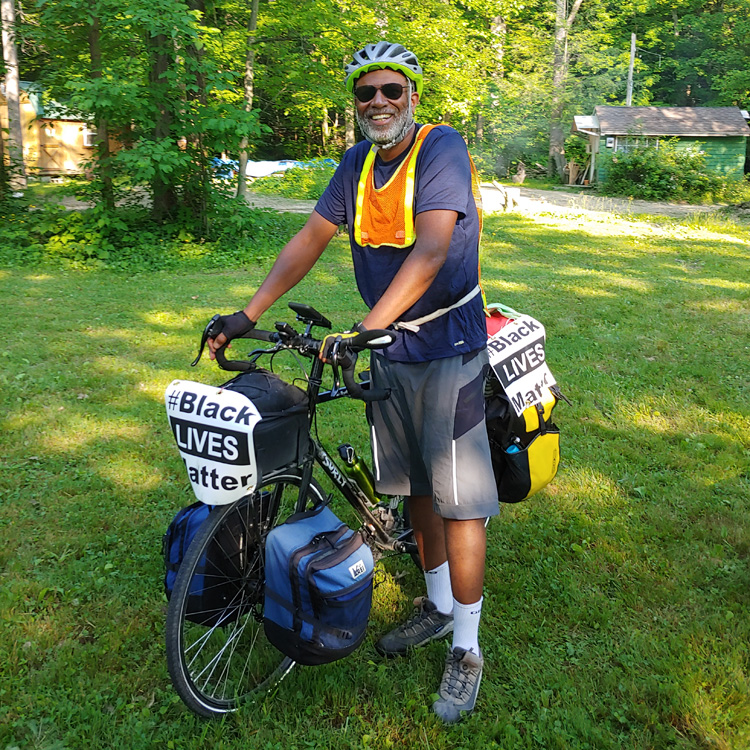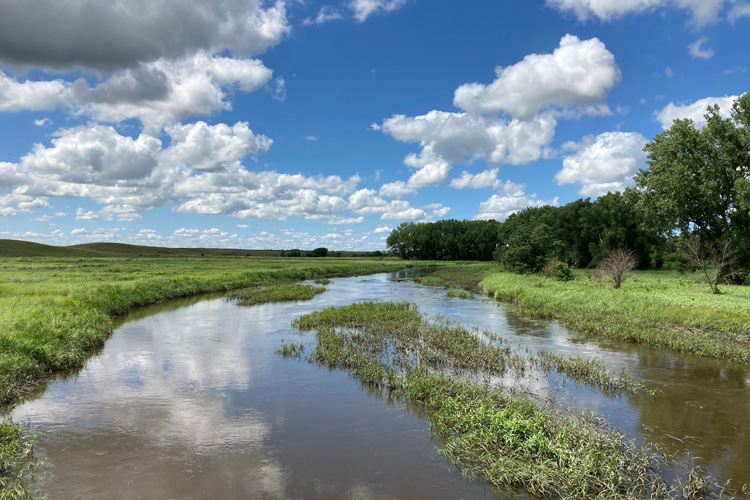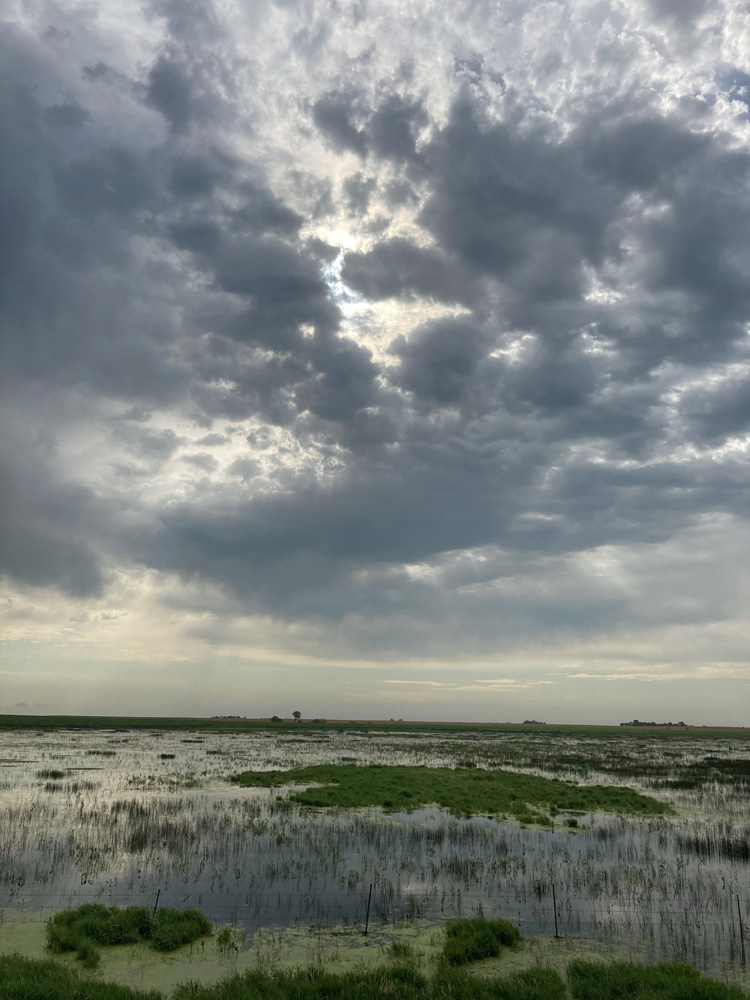You’ve probably heard the stories if not told them. They always start with … “When I was a kid…” and have some variation of … “I’d play outside all day until the dinner bell rang.” Of course, back then (whenever then was), things were different.
The internet was just a kernel of an idea. Television was limited to a few stations. And the amazing options of after school activities were, well, less than amazing. With fewer options, kids would head outdoors for entertainment–building forts, climbing trees, and playing hide-and-seek to name a few.
Sure, that still happens now, but research shows that children today spend less time outside than any other generation before them.
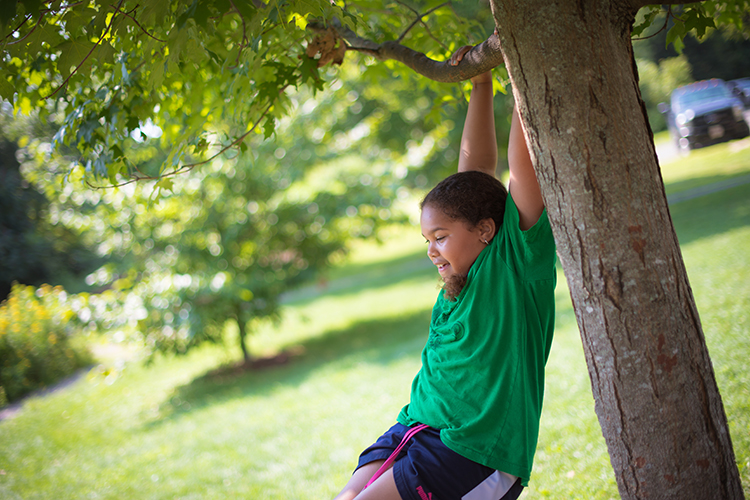
Why Nature Play Matters
There are endless benefits to playing in the outdoors. Specifically, nature play:
- Promotes a healthy, active lifestyle
- Develops imagination, creativity, and invention
- Allows a space for children to navigate risk and problem solving
- Supports inquiry-based learning through curiosity and exploration
- Provides opportunities to practice adaptability, flexibility, and resilience.
And of course, when children are in nature, they find connections to the natural world. These connections are critical to creating the next generation of nature heroes. Researcher and educator David Sobel notes: “If we want children to flourish, to become truly empowered, let us allow them to love the earth before we ask them to save it.”
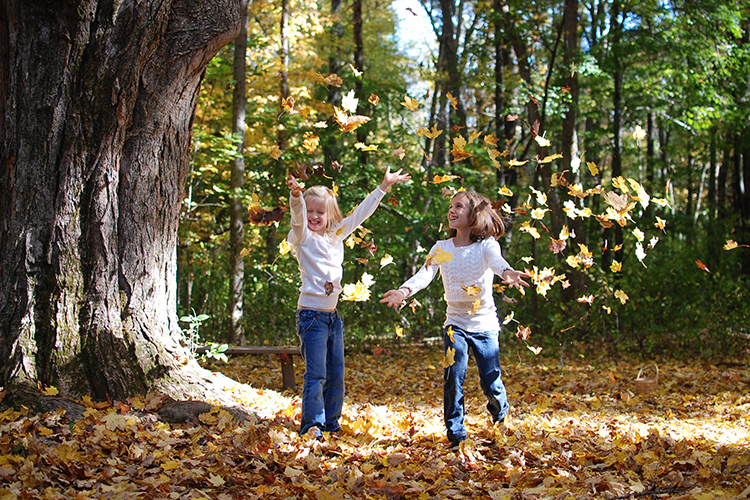
Introducing Nature Play Days
As a way to encourage everyone, adults and children, to get out and play in nature, Mass Audubon is launching Nature Play Days. Each season, our team of wildly enthusiastic educators will share Nature Play ideas and activities, all of which can be done in your neighborhood, local park, or wildlife sanctuary.
You can be someone who supports getting children outside, giving them the freedom to explore (safely of course), and ensuring they get all the benefits that come along with it.
To start you off, here are 10 fall-themed activities.
Throughout the season, we’ll be posting weekly videos and hand-outs describing these activities on our website and social media. Follow along and share your discoveries with us!


